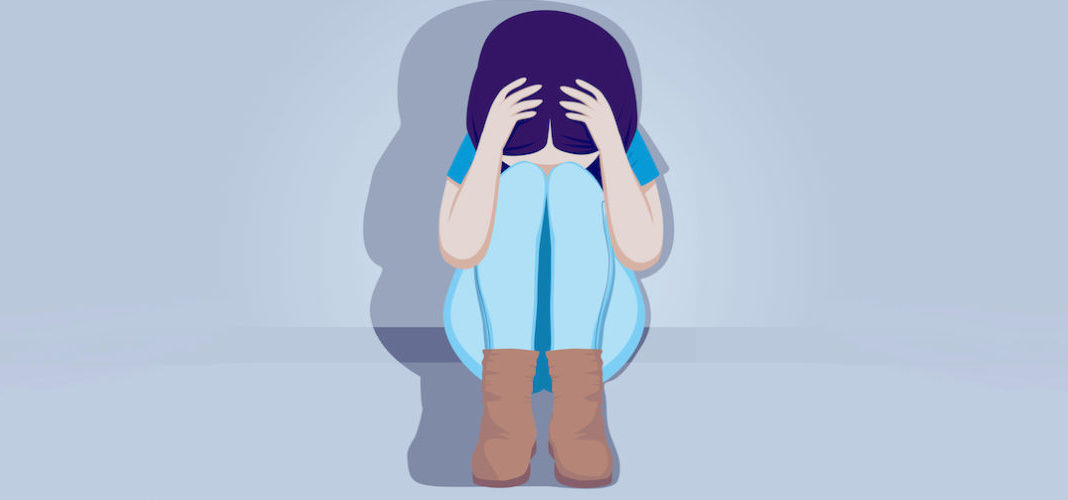Are you happy?
The moment someone asks you this question, you start analyzing how happy you are. “Am I happy? Am I really happy?” you ask yourself. Existential angst creeps in. The more you think about it, the more anxious you become.
Studies show that the more we think about happiness and how to pursue it, the less likely we are to find it.
Valuing happiness may be self-defeating. Leading people to value happiness more made them feel less happy.
The problem may stem from the way we view happiness. The emphasis on personal happiness – like buying the best stuff and finding the best job leads to too much self-focus.
As Palmer Thomson points out:
No one ever died saying, ‘I’m sure glad for the self-centered, self-serving and self-protective life if lived.’
Indeed, there is more to life than being happy all the time. Having a sense of meaning may be the secret sauce of a life well lived.
Happiness without meaning characterizes a relatively shallow, self-absorbed or even selfish life, in which things go well, needs and desire are easily satisfied, and difficult or taxing entanglements are avoided. If anything, pure happiness is linked to not helping others in need.
Bottom Line: doing good is more important than feeling good.
Eleanor Roosevelt said it best:
Happiness is not a goal…it’s a by-product of a life well lived.
I wish you all the best,
Dr. Samantha Boardman






